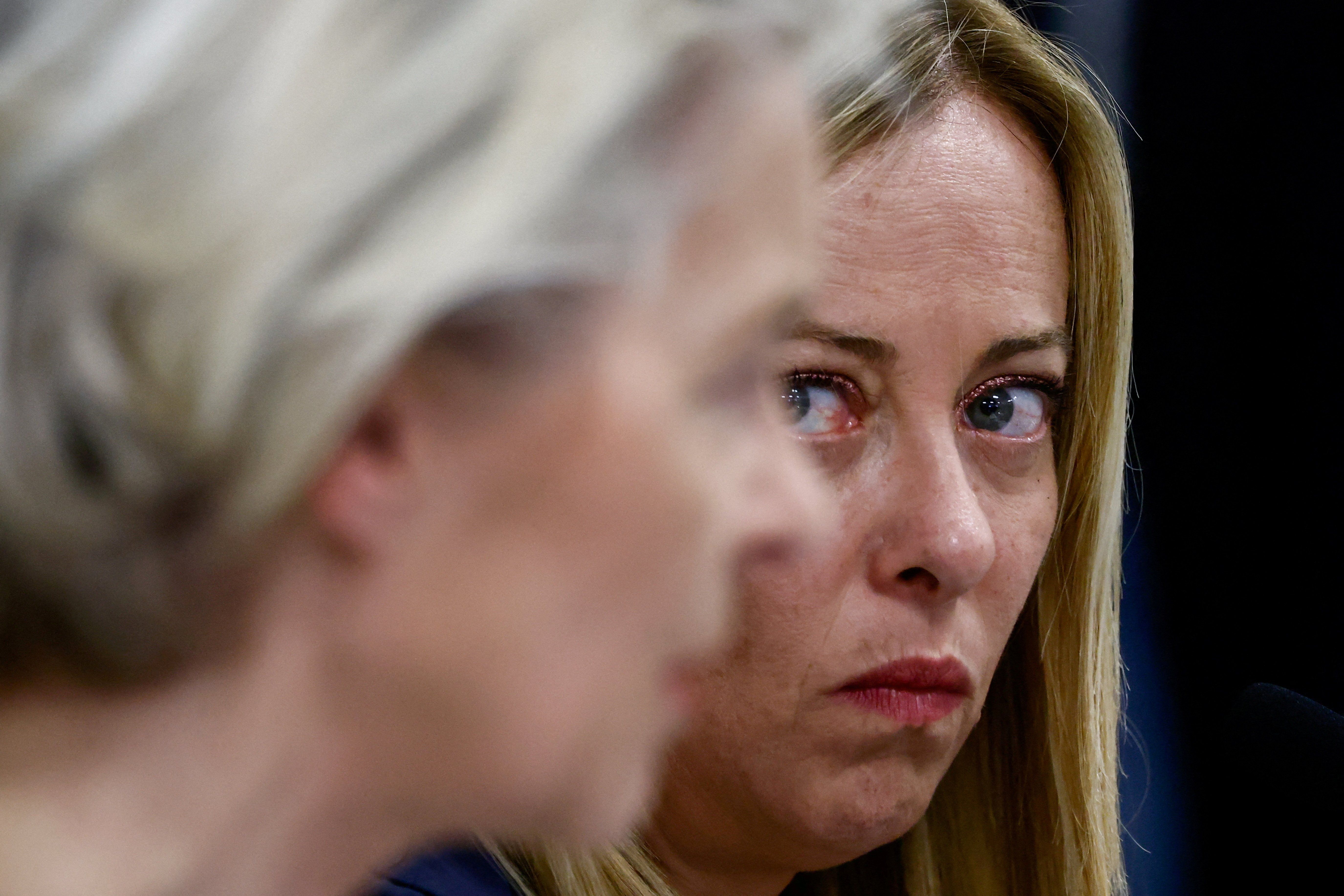Hard Numbers: Lampedusa landings soar, Aussies rally for indigenous rights, Vatican makes Holocaust admission, Brand accused of rape
8,000: European Commission President, Ursula von der Leyen traveled to the island of Lampedusa, which lies halfway between Sicily and Tunisia, after Italian Prime Minister Giorgia Meloni called for the EU’s assistance with a wave of small boat arrivals there. Over 8,000 migrants have landed on Lampedusa since Friday. For more on how the immigration debate is dividing European governments, see our explainer here.
20,000: In Brisbane, Australia, 20,000 protestors rallied ahead of an Oct.14 referendum on Indigenous rights. They support measures that would enshrine Indigenous groups in the country’s constitution and set up an advisory body to advance their issues.
1942: A never-before seen letter has revealed that Pope Pius XII knew of the horrors of the Holocaust in 1942, far earlier than previously believed. The letter was released by the Vatican ahead of a major conference on Pius and the Holocaust next month at the Pontifical Gregorian, sponsored by Catholic and Jewish organizations.
6: Ukraine is stepping up its drone attacks. The Russian Defense Ministry says its forces stopped six Ukrainian unmanned craft that were attacking Russian targets in Crimea from different directions on Sunday. On the same day, two Ukrainian drones were shot down near Moscow.
4: Four women have accused British comedian and actor Russell Brand of sexual assaults, including rape, committed between 2006 and 2013. Brand, who has amassed millions of followers by styling himself as an anti-establishment truth teller and wellness guru, has denied all charges, saying they are "a litany of extremely egregious and aggressive attacks as well as some pretty stupid stuff."
